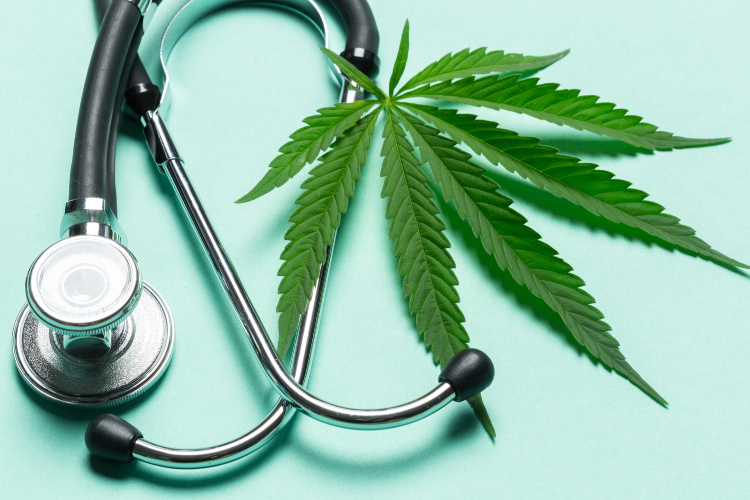This National Hospice Month: Focus on the Benefits of Cannabis for Palliative Care
If you didn’t know that November is National Hospice and Palliative Care Month, don’t feel bad. The truth is that most of us don’t pay much attention to the topic, at least when we’re feeling healthy. But the end of life is a part of living too, and—whether it’s for ourselves or for those we love—ensuring that the final chapter of life takes place in a serene, comforting and respectful environment is an immensely powerful act of human kindness.
In essence, hospice is a philosophy of care that focuses on seriously or terminally ill patients’ emotional and spiritual health, and we believe cannabis has a powerful and effective role to play here. Today we’re going to talk about the intersection of cannabis and palliative care, and if you’re a caregiver, offer some specific guidance on how to talk to your loved one about cannabis.
Cannabis and Palliative Care: A Focus on Wellness Over a Cure
For some of us, the notion of giving up hope on a “cure” for terminal disease strikes us as misguided or wrong, especially when the patient is young or seems to be in otherwise good health. If there is even a slim chance of stopping or slowing a disease—even a terminal one—why would one not take it?

But for those actually battling such diseases, the experience can be immensely draining. What’s more, the experience of traditional hospital care can exacerbate this issue. Even the most modern and best-equipped hospitals can be alienating, even frightening places to be. Because they primarily focus on medical and surgical interventions, there is often little support for patients’ emotional and spiritual needs.
Dr. William Osler—often called the “father of modern medicine”—recognized that our emotional health is just as critical as our physical health over a century ago. That’s where hospice and palliative care come in: By focusing on the emotional and spiritual elements of overall wellness, their aim is to create a tranquil and loving environment for those facing chronic or terminal illness.
Rather than spending one’s final days in a sterile environment surrounded by wires, tubes, and beeping monitors, hospice facilities are typically more welcoming, low-tech affairs. That’s not to say they’re not medical facilities. But the focus of care here is palliative—providing relief from physical and emotional pain and stress—rather than curative. And that’s where cannabis has an important role to play.

While more research is needed before we can declare cannabis is a “cure,” it has been shown to effectively treat a number of conditions, including chronic pain, nausea and vomiting, and the muscle spasticity associated with Multiple Sclerosis (MS). What’s more, cannabis’ gently calming and anxiolytic (or anxiety-reducing) properties make it uniquely well-suited to palliative care.
That said, because of the historical stigma associated with cannabis, sometimes convincing patients it’s a safe and effective treatment is a challenge. If you’re caring for a loved one who’s skeptical about cannabis, here are some ideas to get the conversation started.
Cannabis and Palliative Care: How to Talk to Loved Ones as a Caregiver
While attitudes towards cannabis are changing rapidly, those of us who came of age in a time when it was demonized may be strongly resistant to using it for self-care. If you’re a caregiver, here are some facts you can—gently—draw to your loved one’s attention:

Cannabis is Medicine: We humans have been using cannabis to treat ailments ranging from pain to stomach troubles to memory impairment for over 4,000 years. Multiple studies have affirmed its usefulness in treating chronic pain, anxiety, nausea and appetite loss, and a host of other conditions.
Cannabis is Safe: It is medically impossible to overdose on cannabis. Like any medicine, it is possible to develop a dependence on cannabis, but statistically, fewer than 1 in 10 will do so, making cannabis objectively safer than either alcohol or tobacco.
Cannabis is an All-Natural Option: Cannabis is a plant-based medicine, and it’s far gentler on our bodies than many pharmaceuticals. When it comes to pain management, cannabis offers a far safer and more sustainable option than opioids, which are currently responsible for some 130 deaths a day in the United States.
In summation, there are many potential uses for cannabis in end-of-life care, ranging from treating specific symptoms to lessening generalized anxiety and stress. If you have any questions about cannabis and palliative care, please don’t hesitate to reach out. We’d love to help.
